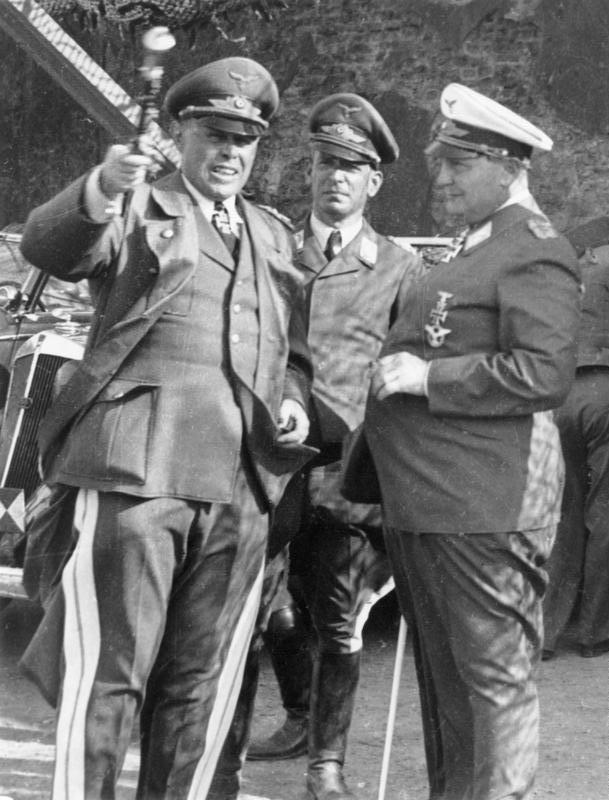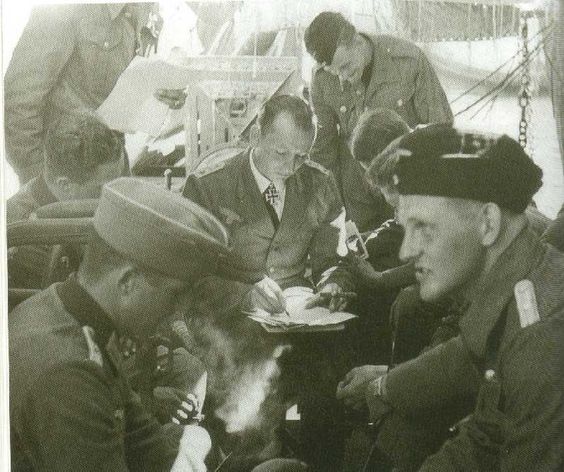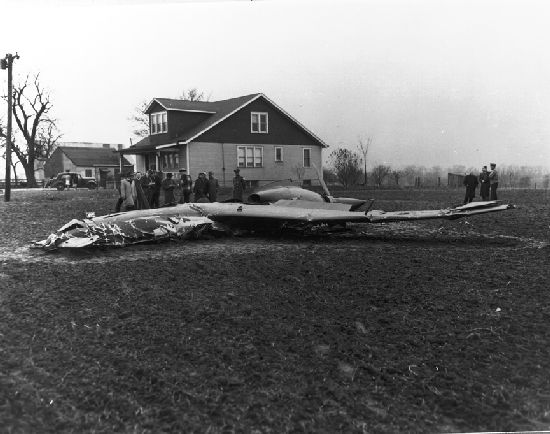Winter War Army Operations: On 12 January 1940, the Soviets of 7th Army, now under Kirill Meretskov, attempt to cross the River Taipale, which is ice-bound. They choose a 16 km area between Taipale and the Munasuo swamp. They use an armored wedge to force a breakthrough, followed by infantry and other forces. They have built up their tank force and drastically increased manpower. The ultimate aim is Viipuri.
Winter War Peace Talks: There is a secret meeting between Finnish representatives and Madame Kollontai, the Soviet ambassador to Sweden, in Stockholm.
Mechelen Incident: Hitler believes that the Allies have the documents despite all assurances to the contrary. The Belgians continue trying to convince the Germans that they learned nothing. General Gamelin holds a meeting with his military subordinates, and the consensus is that, regardless of the authenticity of the documents, this is a good excuse to pressure the Belgians to allow the stationing of French troops on their territory. The Dutch also are skeptical because they have not been told of the exact source - the Belgians are being very cagey with their allies.
The two men in the plane, Majors Reinberger and Hoenmanns are sentenced to death in absentia - which is the lawful punishment for what they did. Hoenmann is beyond the Gestapo's reach, but not his wife, who soon dies under interrogation.
To replace the fired Felmy, Hitler and Goering appoint General Albert Kesselring to command the 2nd Air Fleet. Kesselring had done good work in support of army operations during the Battle of Poland but does not have a lot of knowledge about strategic air campaigns.
Battle of the Atlantic: U-23 (Oberleutnant zur See Otto Kretschmer) scores another victory, sinking 10,517-ton Danish tanker Danmark at 06:50. The sinking is spectacular because it is done when the Danmark is lying at anchor at Inganess Bay, Kirkwall, Orkney Islands, and the two halves of the tanker drift ashore. All 40 crew survive. Fuel is highly prized by the Allied war effort, and this is a big tanker, so it is a big score for Kretschmer.
British freighter Granta hits a mine and sinks.
Convoy OA 71 departs from Southend, Convoy OB 71 departs from Liverpool, Convoy OB 71M departs from Liverpool, and Convoy HXF 16 departs from Halifax.
European Air Operations: The RAF conducts night reconnaissance over Western Germany and flies missions over German seaplane bases on the Heligoland Bight. There also is a targeted raid on minelaying infrastructure at Rantum Bay.
China: Chinese 4th War Area captures Pachiangkou and Yuantan.
January 2, 1940: Finnish Counterattacks Continue
January 3, 1940: Soviets Trapped
January 4, 1940: Soviet Breakout Attempts Fail
January 5, 1940: Dicing Up the Soviets
January 6, 1940: Soviet 44th Division Runs
January 7, 1940: Shakeup in Soviet High Command
January 8, 1940: Ratte Road Battle Ends
January 9, 1940: British Submarines in Peril
January 10, 1940: Mechelen Incident
January 11, 1940: Finns Surround More Soviets
January 12, 1940: New Soviet Attacks at Taipale
January 13, 1940: Fall Gelb Postponed
January 14, 1940: Japan's Government Falls
January 15, 1940: Soviets Prepare More Carefully
January 16, 1940: German Atrocities Uncovered
January 17, 1940: Bletchley Park in Action
January 18, 1940: New Hope for Allied Shipping
January 19, 1940: Finnish Attacks at Salla
January 20, 1940: Churchill Urges Cooperation
January 21, 1940: Asam Maru Incident
January 22, 1940: Dissension Within British Government
January 23, 1940: Dissension in South Africa
January 24, 1940: NKVD Blocking Detachments
January 25, 1940: Auschwitz Site Selected
January 26, 1940: Millionaire Bunker Destroyed
January 27, 1940: U-20 Sinks Four Ships
January 28, 1940: Softening Up the Finns
January 29, 1940: Moscow Willing to Talk
January 30, 1940: Hitler Throws Down the Gauntlet
January 31, 1940: Timoshenko Is Ready
2019
Winter War Peace Talks: There is a secret meeting between Finnish representatives and Madame Kollontai, the Soviet ambassador to Sweden, in Stockholm.
Mechelen Incident: Hitler believes that the Allies have the documents despite all assurances to the contrary. The Belgians continue trying to convince the Germans that they learned nothing. General Gamelin holds a meeting with his military subordinates, and the consensus is that, regardless of the authenticity of the documents, this is a good excuse to pressure the Belgians to allow the stationing of French troops on their territory. The Dutch also are skeptical because they have not been told of the exact source - the Belgians are being very cagey with their allies.
The two men in the plane, Majors Reinberger and Hoenmanns are sentenced to death in absentia - which is the lawful punishment for what they did. Hoenmann is beyond the Gestapo's reach, but not his wife, who soon dies under interrogation.
To replace the fired Felmy, Hitler and Goering appoint General Albert Kesselring to command the 2nd Air Fleet. Kesselring had done good work in support of army operations during the Battle of Poland but does not have a lot of knowledge about strategic air campaigns.
Battle of the Atlantic: U-23 (Oberleutnant zur See Otto Kretschmer) scores another victory, sinking 10,517-ton Danish tanker Danmark at 06:50. The sinking is spectacular because it is done when the Danmark is lying at anchor at Inganess Bay, Kirkwall, Orkney Islands, and the two halves of the tanker drift ashore. All 40 crew survive. Fuel is highly prized by the Allied war effort, and this is a big tanker, so it is a big score for Kretschmer.
British freighter Granta hits a mine and sinks.
Convoy OA 71 departs from Southend, Convoy OB 71 departs from Liverpool, Convoy OB 71M departs from Liverpool, and Convoy HXF 16 departs from Halifax.
European Air Operations: The RAF conducts night reconnaissance over Western Germany and flies missions over German seaplane bases on the Heligoland Bight. There also is a targeted raid on minelaying infrastructure at Rantum Bay.
China: Chinese 4th War Area captures Pachiangkou and Yuantan.
January 1940
January 1, 1940: Finns Carve up the SovietsJanuary 2, 1940: Finnish Counterattacks Continue
January 3, 1940: Soviets Trapped
January 4, 1940: Soviet Breakout Attempts Fail
January 5, 1940: Dicing Up the Soviets
January 6, 1940: Soviet 44th Division Runs
January 7, 1940: Shakeup in Soviet High Command
January 8, 1940: Ratte Road Battle Ends
January 9, 1940: British Submarines in Peril
January 10, 1940: Mechelen Incident
January 11, 1940: Finns Surround More Soviets
January 12, 1940: New Soviet Attacks at Taipale
January 13, 1940: Fall Gelb Postponed
January 14, 1940: Japan's Government Falls
January 15, 1940: Soviets Prepare More Carefully
January 16, 1940: German Atrocities Uncovered
January 17, 1940: Bletchley Park in Action
January 18, 1940: New Hope for Allied Shipping
January 19, 1940: Finnish Attacks at Salla
January 20, 1940: Churchill Urges Cooperation
January 21, 1940: Asam Maru Incident
January 22, 1940: Dissension Within British Government
January 23, 1940: Dissension in South Africa
January 24, 1940: NKVD Blocking Detachments
January 25, 1940: Auschwitz Site Selected
January 26, 1940: Millionaire Bunker Destroyed
January 27, 1940: U-20 Sinks Four Ships
January 28, 1940: Softening Up the Finns
January 29, 1940: Moscow Willing to Talk
January 30, 1940: Hitler Throws Down the Gauntlet
January 31, 1940: Timoshenko Is Ready
2019




